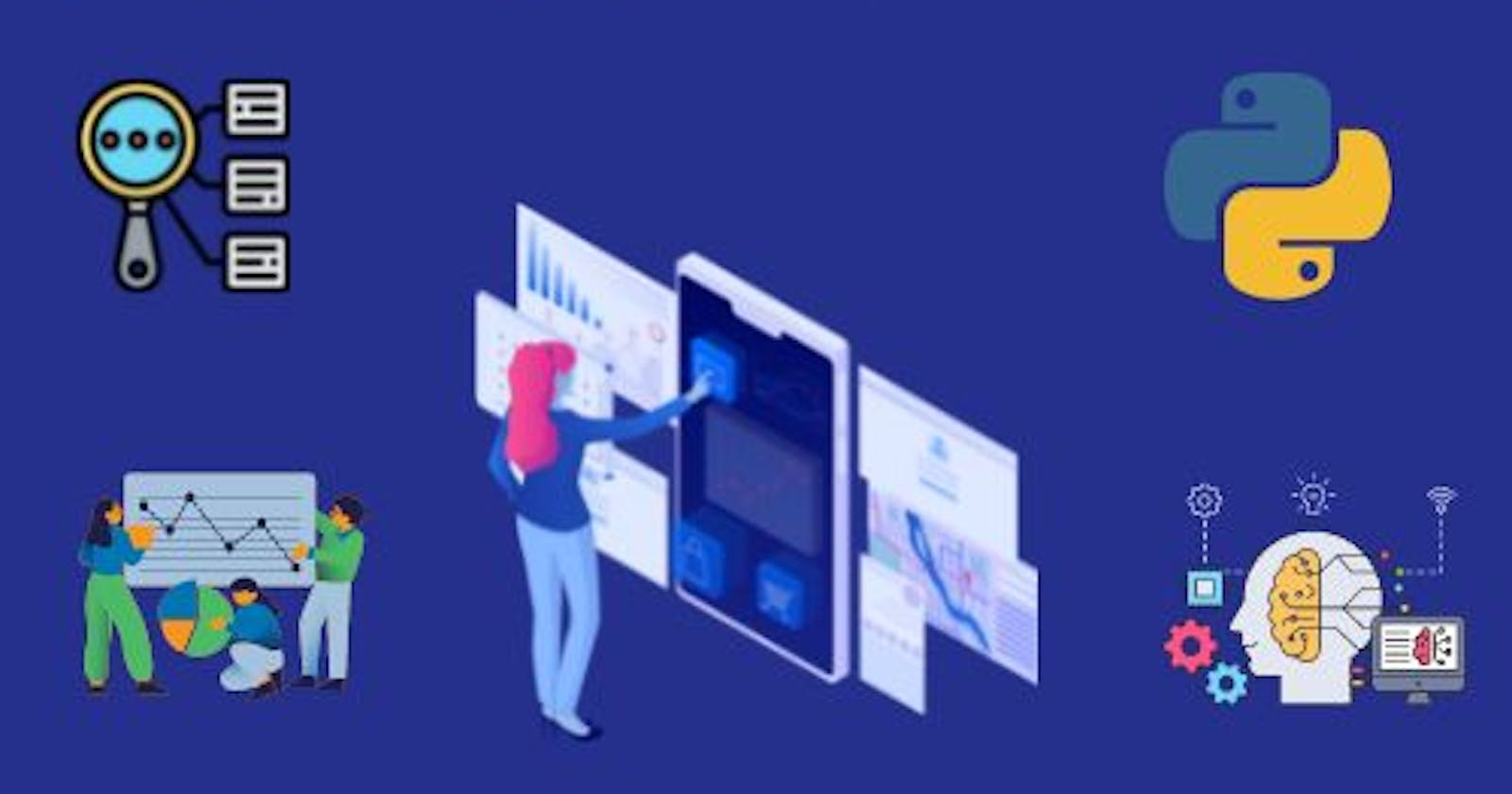Data Science bootcamps are intensive and immersive training programs that equip students with the skills, knowledge, and tools needed to work as data scientists.Some bootcamps such as a data science course in Pune, are designed to be completed in a short amount of time, ranging from a few weeks to several months, and provide hands-on experience through projects and practical exercises.
Most Data Science bootcamps cover various topics, including programming languages such as Python and R, statistical analysis, data visualization, machine learning, and deep learning. Some boot camps also cover related topics such as data engineering and analysis.
Data Science bootcamps are popular among individuals who want to switch careers, upskill or reskill, and break into the field of data science. Bootcamps are typically less expensive than a traditional college degree, and they offer a faster and more practical way to gain the skills needed to succeed as a data scientist.
When selecting a Data Science bootcamp, it is essential to consider factors such as the curriculum, the reputation of the program, the qualifications and experience of the instructors, the success rate of graduates, and the cost of tuition. It is also important to have realistic expectations, be prepared to work hard, and dedicate significant time and effort to the program.
Who Should Attend a Bootcamp in Data Science?
A Data Science bootcamp is ideal for individuals interested in pursuing a career in data science, wanting to upskill or reskill, or looking to switch careers. Specifically, the following groups of people could benefit from attending a Data Science bootcamp:
- Recent graduates:
Data Science bootcamps can be a great option for recent graduates interested in pursuing a career in data science but do not have a computer science or statistics background. Bootcamps can provide a fast and practical way to acquire the skills and knowledge needed to succeed in this field.
- Working professionals:
Individuals currently working in related fields, such as data analysis, business intelligence, or software engineering, can attend Data Science bootcamps to upskill or reskill. This can help them stay competitive and improve their career prospects. Check out the online best data analytics courses, to start upskilling through practical real-world projects.
- Career changers:
Data Science bootcamps can be a great option for individuals looking to switch careers and enter the field of data science. Bootcamps provide a fast and practical way to acquire the skills and knowledge needed to transition.
- Entrepreneurs:
Entrepreneurs building data-driven startups can attend Data Science bootcamps to gain the skills and knowledge needed to build and analyze their data models.
What a Data Science Bootcamp Teaches You:
A Data Science bootcamp teaches you a wide range of skills and knowledge related to data science, including
Programming languages: You will learn one or more programming languages used in data science, such as Python, R, or SQL. You will learn to write and debug code, create scripts, and manipulate data.
Data analysis and visualization: You will learn to analyze and visualize data using tools like Pandas, Numpy, and Matplotlib. You will learn how to use statistical methods to understand data and how to present your findings in a visually compelling way.
Machine learning: You will learn about the different types of machine learning, such as supervised and unsupervised learning. You will learn how to use machine learning algorithms to solve real-world problems like classification, regression, and clustering.
Deep learning: You will learn about deep learning techniques such as neural networks, convolutional neural networks (CNNs), and recurrent neural networks (RNNs). You will learn to use deep learning to solve complex problems such as image and speech recognition.
Data engineering: You will learn how to work with big data and how to use tools like Hadoop, Spark, and AWS to store, process, and analyze large data sets.
Soft skills: You will also learn important soft skills, such as communication, teamwork, and project management. These skills will help you collaborate effectively with other data scientists and stakeholders and ensure your projects are completed on time and within budget.
Data wrangling: You will learn how to clean, preprocess, and transform data to make it suitable for analysis. This involves techniques such as data cleaning, data normalization, and feature engineering.
Data storytelling: You will learn to use data to tell a compelling story. This involves creating data visualizations and reports communicating complex insights clearly and concisely.
Data ethics: You will learn about ethical considerations in data science, such as data privacy, bias, and fairness. You will learn how to ensure that your analysis is ethical and responsible.
Business acumen: You will learn about the business context in which data science operates. This includes understanding business goals and metrics, as well as how to translate data insights into actionable recommendations for stakeholders.
Overall, a Data Science bootcamp provides a comprehensive education in data science that prepares you for a career as a data scientist. The skills and knowledge you gain will enable you to work on various data-related problems and provide valuable insights to businesses and organizations.
Conclusion
In conclusion, Data Science bootcamps are comprehensive training programs designed to teach individuals the skills and knowledge needed to work as a data scientist. These bootcamps cover various topics, including programming languages, data analysis and visualization, machine learning, deep learning, data engineering, and soft skills. In addition, a Data Science course may also cover topics such as data wrangling, data storytelling, data ethics, and business acumen.
By completing data analytics courses online, individuals can gain the skills and knowledge needed to succeed in the field of data science, break into the industry, upskill or reskill, or switch careers. It is important to select a boot camp based on factors such as the curriculum, reputation, instructors, success rate, and cost of tuition. With realistic expectations and a willingness to work hard, a Data Science certification course can be a valuable investment in one's career.
